“I’m mad about disability sport and love learning new things”, says Yasmin who’s just completed her first year of a Sports, Fitness and Coaching degree with the OU. Having left school after her GCSEs, she began a career working in design. Always a keen sportswoman, she came to disability sport at the age of 18 and is an active wheelchair rugby player and a wheelchair basketball player and coach.
The success of the 2012 and 2016 Paralympic Games has raised awareness of disability sport amongst the general public, but has it made taking up their chosen sport easier for competitors such as Yasmin?
“With each Paralympic Games, we see an increase in people wanting to join in with disability sport”, she says. “The sports I play certainly see more people at least giving it a try, but an unfortunate aspect of disability sport is that it costs way too much. If someone without a disability wants to play basketball, they might have to buy some trainers and a basketball, at a cost of around £70. If someone wants to play wheelchair basketball, they first need to find a club that might have a spare wheelchair that would suit their needs, start playing and show commitment to the sport, then try and apply for funding.”
Funding frustrations
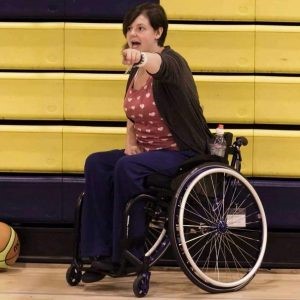 Yasmin coaching her team.
When Yasmin took up wheelchair basketball, she was lucky enough to find a club relatively close to where she lived. After playing with them for a while she took her coaching certificate, initially to ‘help out’ with the club, and is now Head Coach. Along the way she says she has learned a great deal, not only about the sport but the paperwork involved in funding applications.
Yasmin coaching her team.
When Yasmin took up wheelchair basketball, she was lucky enough to find a club relatively close to where she lived. After playing with them for a while she took her coaching certificate, initially to ‘help out’ with the club, and is now Head Coach. Along the way she says she has learned a great deal, not only about the sport but the paperwork involved in funding applications.
“Clubs don’t necessarily get enough funding to buy chairs to suit each player. You go along and have to use whatever equipment is there. My first chair was far too big and I was struggling to bend down and pick up the ball. When you’re learning a new sport, it knocks you back down if you don’t have the right equipment. Often individuals have to fund the chairs themselves which can cost £3,000 upwards."
Yasmin adds: “An application for funding can feel very brutal, which often leads to people leaving the sport before they’ve got into it. On an individual funding application, you need to show you’ve made a commitment to the sport and that you’re going to stick with it. Even if you’re successful, funding never covers the whole cost of a chair; there might be another £1,500 that you need to fund yourself.”
Paralympic ambitions and classifications
If your ambition is to go all the way to the Paralympics, Yasmin cautions: “The commitment needed to reach Paralympic level means you need to give up a lot of other things, as you’ll be constantly training, playing in matches, strength and conditioning training and eating the right food. It will be important to be part of a team that’s in the highest league possible to enhance your chances of being talent spotted… And you need to know that the Paralympic teams only want people who will achieve gold!”
There has been much debate around the classification system of Paralympic events and Yasmin admits that although she’s still going to enjoy watching the Games, classification is far from perfect and will be at the forefront of her mind.
“There are players with a significant disability such as paralysis playing against someone with chronic regional pain syndrome (CRPS) who may be able to walk and something seems very unfair about this. In addition, the classification you are placed in one year might change the next. In which case, if the athlete won a medal in the previous classification, was this a fair win?”
So how do you get started?
In her role as club Head Coach, Yasmin says there’s nothing better than seeing someone new come to the sport and watching them fall in love with it. “With children especially, they’ll join and their parents will be very hands-on, wanting to help. As time goes on, you watch the parents step back and the child get on with it as their independence blossoms.
“I think anyone wanting to get involved in disability sport should give it a try, find a club that might have a spare chair for you. Expectations do need to be managed by the people around the new player though - the chances of getting to Paralympic level are very slim!"
The Tokyo Paralympics
“The success of the 2021 Paralympic games will certainly be a much-needed boost for disability sport. I’ll look forward to more people trying to get involved and people finding something that they really enjoy, gaining new friends and also getting fitter.”
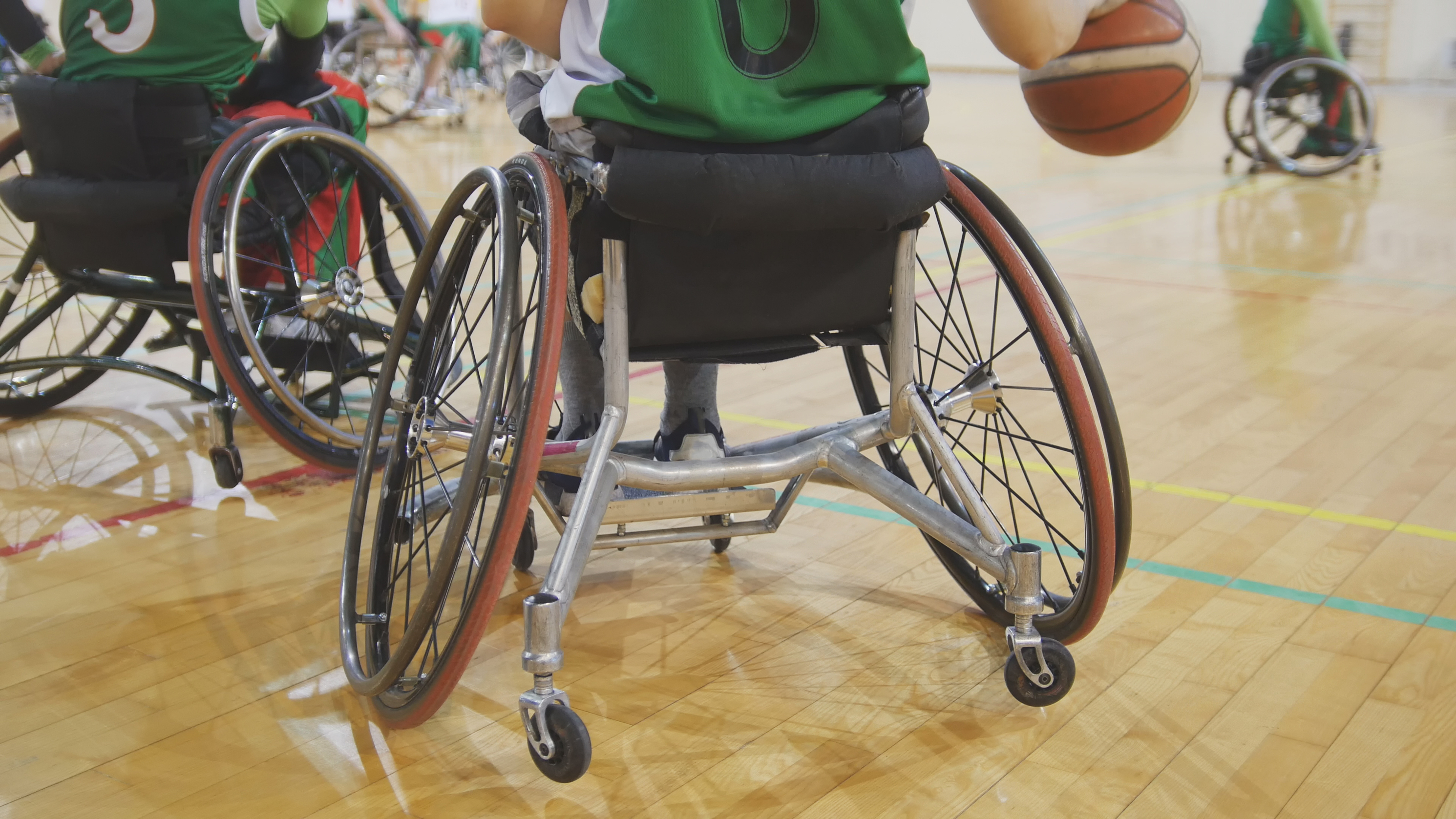
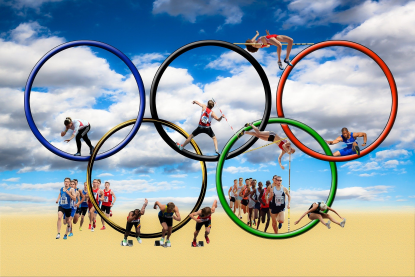
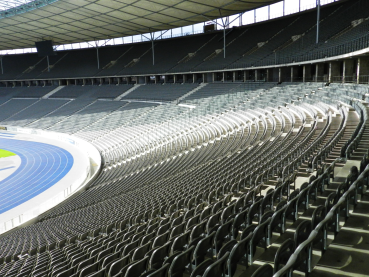
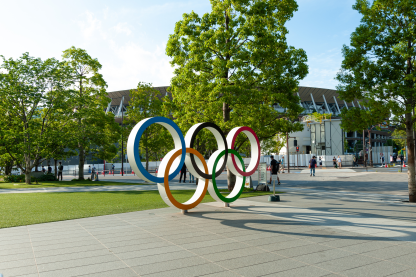
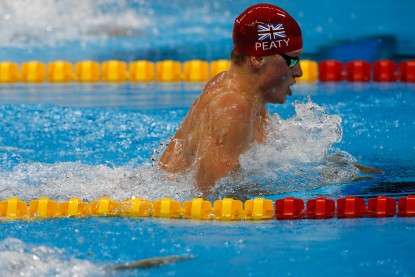

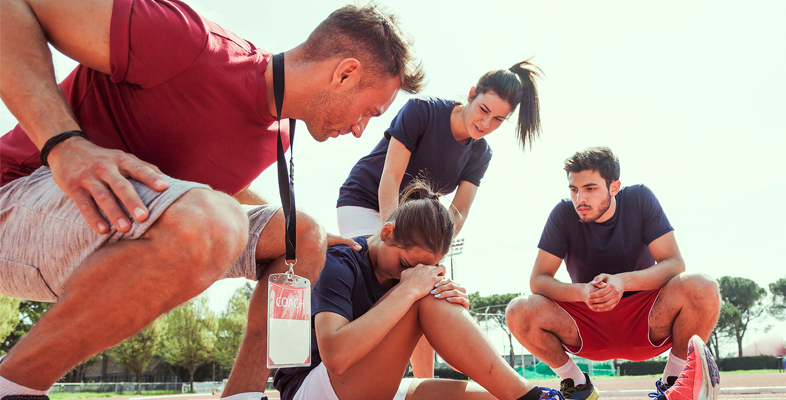

Rate and Review
Rate this article
Review this article
Log into OpenLearn to leave reviews and join in the conversation.
Article reviews